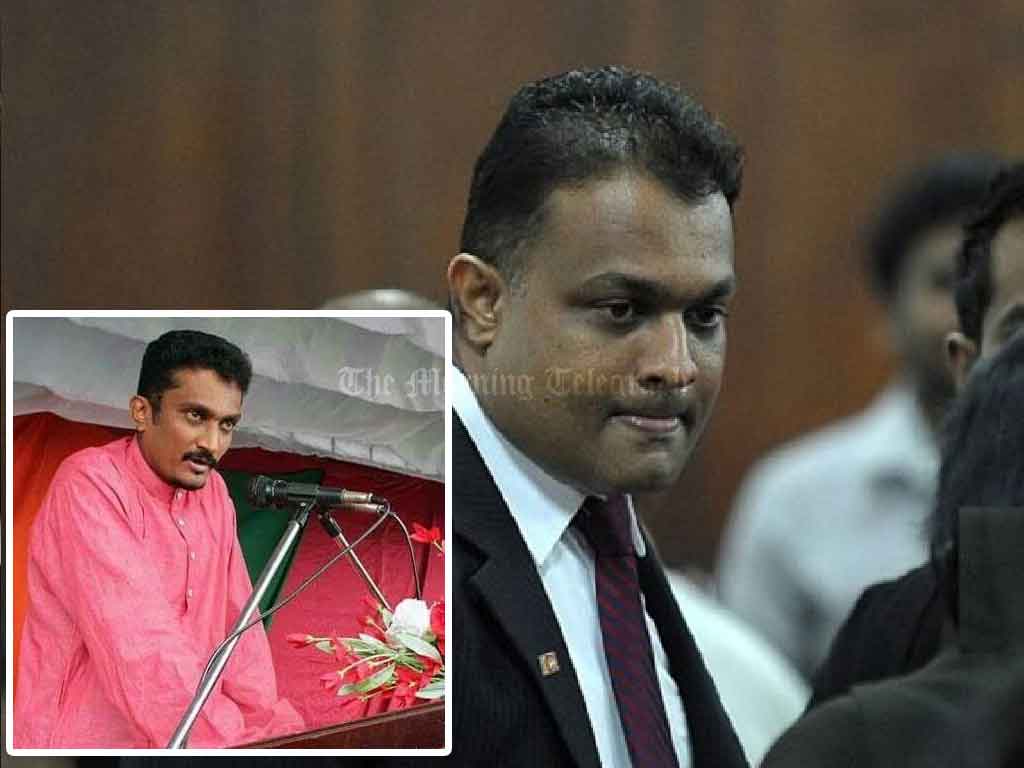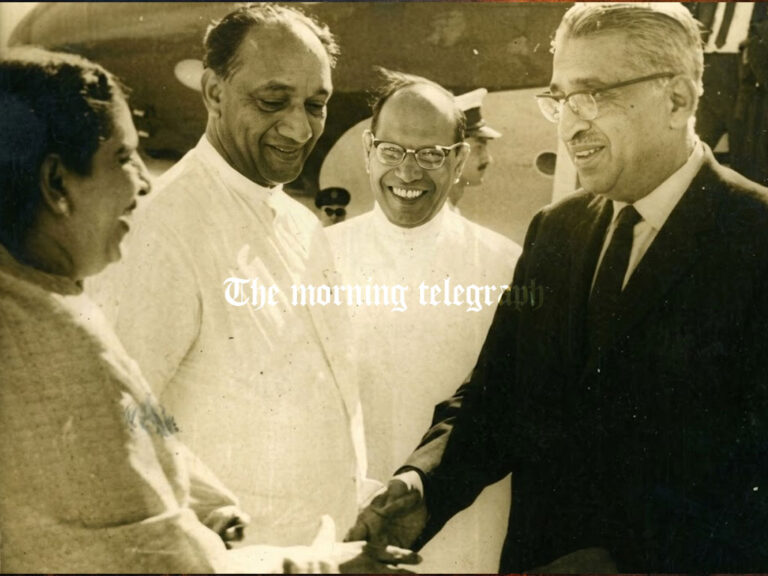
Colombo Chief Magistrate Thilina Gamage has officially requested the Judicial Service Commission (JSC) to transfer him to another court, citing a conflict of interest in a high-profile bribery case involving his brother, former Western Provincial Councilor Salochana Gamage. The case also implicates two other individuals and has garnered significant public attention due to its political and ethical implications.
In his written request to the JSC, Magistrate Gamage emphasized that his familial relationship with one of the accused could compromise the impartiality and fairness of the judicial proceedings. He has urged the JSC to appoint another Magistrate to handle the case to uphold the integrity of the judiciary.
The bribery case centers around allegations that Salochana Gamage and another individual accepted a bribe of Rs. 9 million from a businessman in Pitakotte. The bribe was allegedly solicited to expedite compensation for a piece of land belonging to a relative of the complainant. The land, located on Torrington Avenue, had been acquired by the Urban Development Authority (UDA).
The arrest, carried out by officers of the Bribery Commission, has further heightened scrutiny on corruption within the political and administrative spheres. Both accused individuals were apprehended while allegedly accepting the bribe and were subsequently remanded by the Colombo Additional Magistrate on Saturday, October 28. They are to remain in custody until January 6, 2025.
This development has brought attention to ethical challenges faced by the judiciary when cases involve close relatives of presiding judges. Legal experts and civil society groups have praised Magistrate Gamage’s decision to recuse himself, viewing it as a step towards maintaining public trust in the judicial system.
The Judicial Service Commission is currently reviewing the request and is expected to assign a new Magistrate to oversee the case, ensuring that the proceedings are conducted with impartiality and transparency. This case not only highlights issues of corruption but also underscores the importance of safeguarding judicial integrity in high-profile legal matters.




